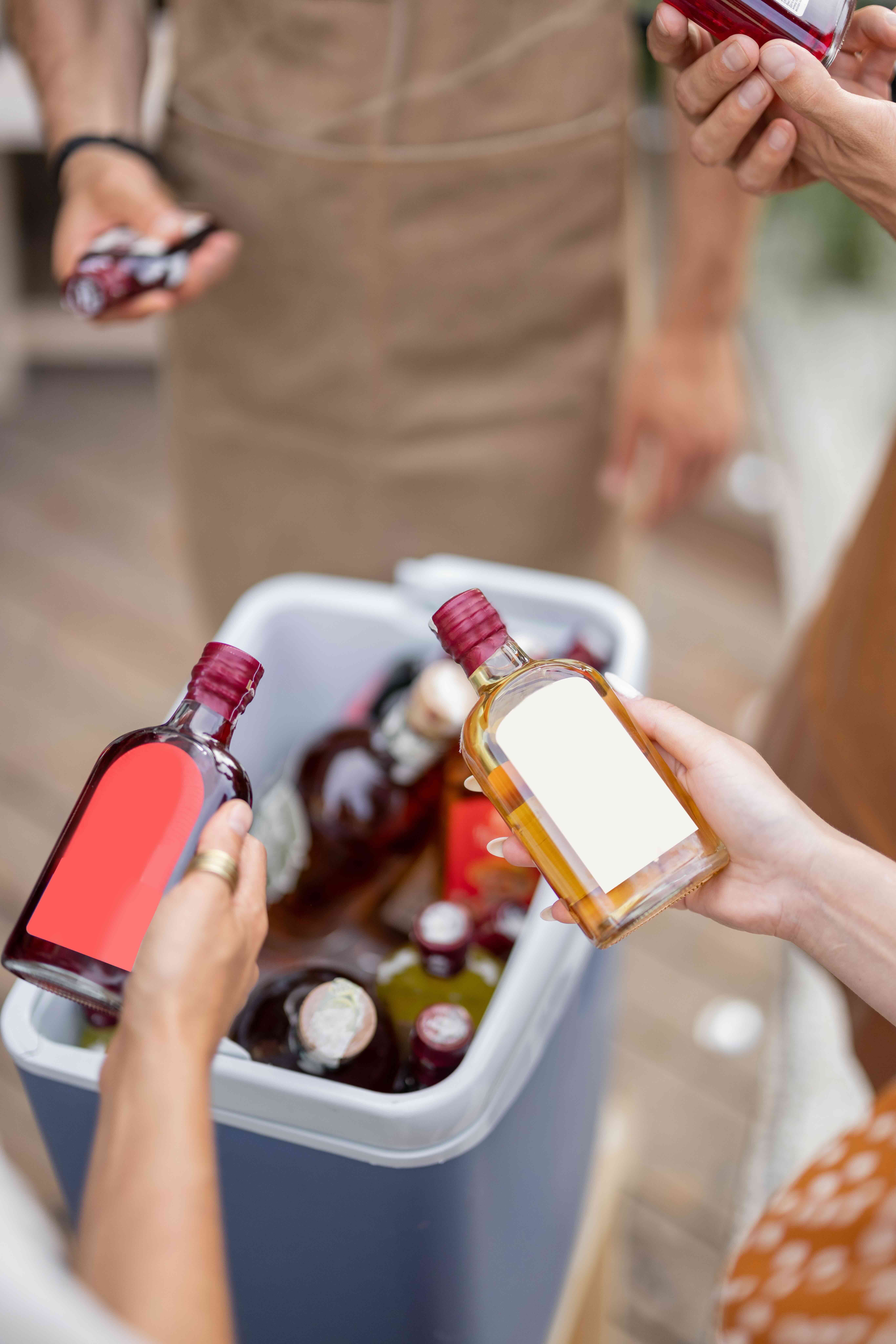
Montana's Open Container Laws
What Does Montana’s Open Container Law Actually Say?
Montana Code Annotated § 61-8-460 makes it illegal for anyperson in a motor vehicle on a public highway or adjacent right-of-way to possessan open alcoholic beverage container. This law applies to drivers andpassengers, and it does not matter whether the beverage is being activelyconsumed.
The law defines an “open container” as any bottle, can, orother receptacle:
- That has been opened,
- That has a broken seal, or
- From which part of the contents has been removed.
It’s important to emphasize that mere possession isenough for a violation—even if you’re not drinking it.
Where Open Containers Are Prohibited
The open container law applies to:
- Public highways and county roads
- Vehicles in motion and vehicles temporarily stopped or parked
- The passenger compartment of a car, truck, or SUV
In practice, this means any alcoholic beverage—beer, wine,liquor… Whether it’s in a cup holder, door pocket, or even a backpack on theseat.
Where Open Containers Can Be Legally Stored
The law provides exceptions for storage of alcohol in areasthat are not accessible from the passenger area. Legal options include:
- The trunk of a car
- The bed of a pickup truck
- Behind the last upright seat in a vehicle without a trunk (like an SUV or hatchback)
In other words, if law enforcement determines that thecontainer was reachable by anyone in the vehicle, that’s enough to issue acitation.
Exceptions to the Rule
Montana law recognizes limited exceptions, such as:
- Passengers in a for-hire vehicle like a limousine or party bus (not a standard Uber or Lyft)
- Living quarters of a motorhome or recreational vehicle (RV)
In these cases, alcohol may be lawfully consumed bypassengers, but the driver is still prohibited from possessing or accessingopen alcohol while driving.
Additionally, special alcohol permits may apply inpublic parks or trails managed by cities like Missoula, but these arelocation-specific and must be obtained through the proper channels.
What Happens If You’re Cited?
A violation of Montana’s open container law is a misdemeanortraffic offense. Penalties typically include:
- A fine of up to $100
- Possible points on your driving record
- Probable cause for a DUI investigation, if officers observe additional signs of impairment
While this may not result in jail time, the consequences canadd up—especially if you’re on probation, hold a commercial driver’s license,or are under the legal drinking age.
Why This Matters
Open container citations are often underestimated. But theycan have broader implications:
- They may complicate DUI charges, especially if field sobriety tests or breath tests follow the stop.
- They can be used to justify searches of your vehicle, leading to additional charges.
- For repeat offenders or minors, they may trigger harsher penalties or driver’s license suspensions.
At Ryan, Miller & Coburn, we’ve seen opencontainer charges used as leverage in DUI cases, college conduct hearings, andprobation violations. One bad judgment call shouldn’t define your record orfuture.
What To Do If You’ve Been Charged
If you’re facing an open container citation—or if it’s partof a broader DUI arrest—it’s critical to speak with a knowledgeable defenseattorney right away. Our team at Ryan, Miller & Coburn will:
- Evaluate whether the stop and search were lawful
- Examine the facts of the case to challenge the citation
- Work to minimize fines, preserve your driving record, and protect your future
Meanwhile in Butte…
While Missoula’s alcohol-in-parks rules might feel strict (yes, there arepermits, trail restrictions, and entire parks where alcohol is completelybanned), we’re not the only Montana city drawing clearer lines around publicdrinking.
Butte-Silver Bow commissioners voted 7–5 to approve a newpublic drinking ordinance—banning open containers and public alcoholconsumption between 2 a.m. and 8 a.m. This is a major shift for Butte,long known as one of the only places in the country without restrictions onpublic drinking.
At the final vote, Chief Executive Matt Vincent urgedcommissioners to move forward, saying, “Enough is enough. We have too manytremendous opportunities in front of us to spend any more time or energy onthis.” He even acknowledged that he had once considered sending the issue to apublic vote, but changed his mind due to rising concerns, bad press, and advicefrom outside leadership.
The ordinance goes into effect 30 days after the vote onNovember 20, meaning that starting December 20, public drinking inButte will only be allowed during daytime and evening hours. After 2 a.m., ifyou’re still partying in public, it could cost you.
So why does this matter for Missoula? Because local lawson public drinking are changing across the state—even in places you’d neverexpect. This week, as we dig deeper into Missoula’s alcohol permit system andwhat’s allowed in our parks and trails, Butte’s move is a reminder: knowing therules helps you stay safe, respectful, and fine-free.
Final Thoughts
While Montana prides itself on its independent spirit, opencontainer laws are clear—and strictly enforced. Keeping alcohol out of thecabin of your vehicle is the simplest way to avoid a costly mistake. And if youdo find yourself facing charges, know that you don’t have to navigate the legalsystem alone.


